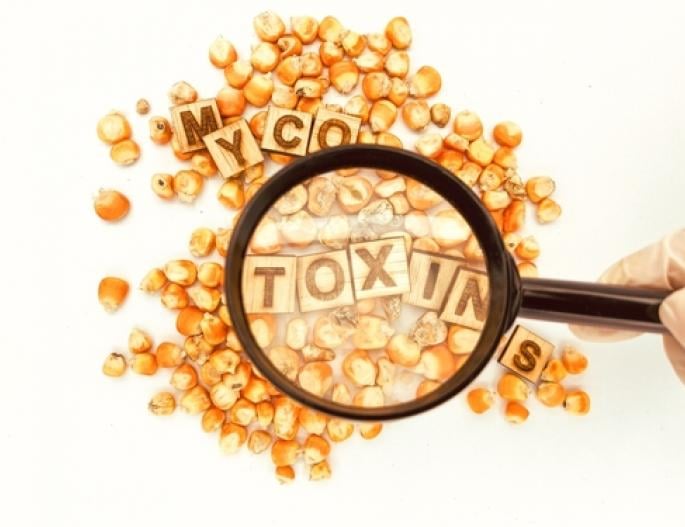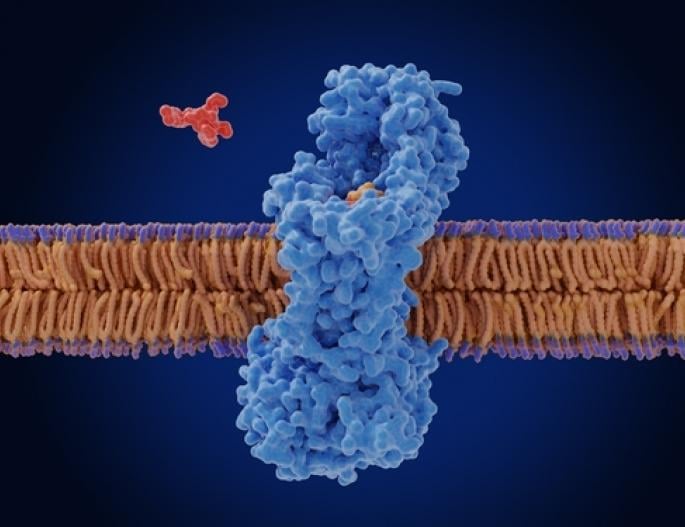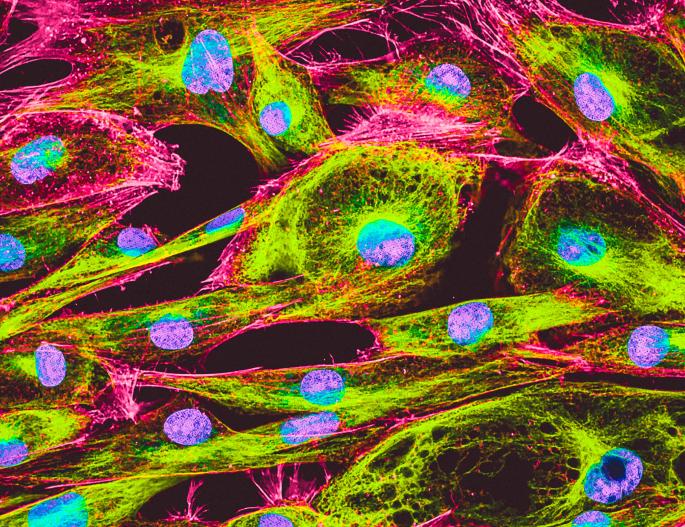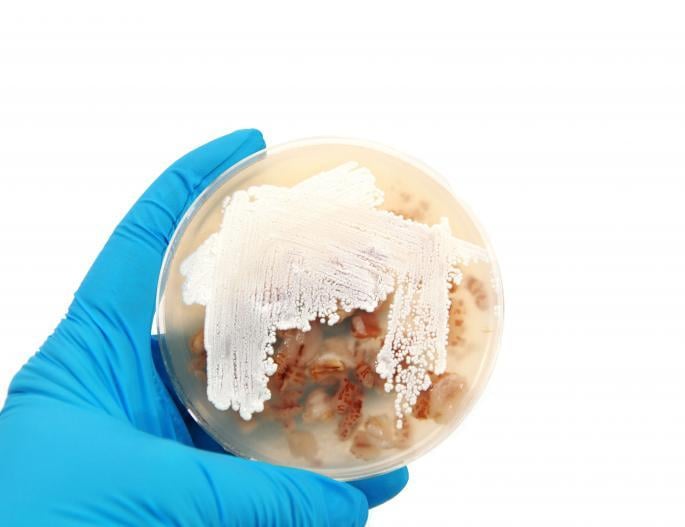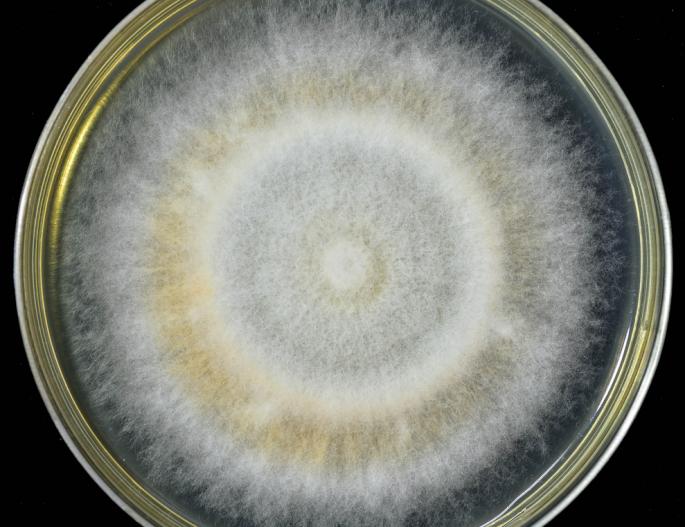Blog
Deoxynivalenol: Risks, Impact, and Management Strategies
Deoxynivalenol (DON), also known as Vomitoxin, is a type of mycotoxin produced by certain species of Fusarium fungi, primarily Fusarium graminearum and Fusarium culmorum. These fungi commonly infect…
Salinomycin, A multi-targeted "Magic Bullet" - Uses, Benefits and Implications
Salinomycin (SAL) is a polyether ionophore antibiotic widely used in the agricultural industry, particularly in poultry and cattle farming. Salinomycin was discovered in the 1970s, and has become an essential tool in…
Understanding Cytochalasin D: Applications, Mechanisms and Implications.
Cytochalasin D is a member of the class of mycotoxins known as Cytochalasins (cytos=cell, chalasis = relaxation), isolated in 19671. Four Cytochalasins were isolated: Cytochalasin A and B from …
A Comprehensive Overview of Puromycin – It's Applications in Research and Mechanisms of Action.
Puromycin is a potent antibiotic. It is a widely used research tool in molecular biology and biomedical research. Puromycin is produced from the bacterium Streptomyces alboniger, a gram-positive…
A Critical Look at the Impact of Fumonisin B1, Fumonisin B2 and Fumonisin B3 on Health and Agriculture
Fumonisin B1, Fumonisin B2 and Fumonisin B3 are water-soluble mycotoxins produced by Fusarium verticillioides, Fusarium proliferatum and a few other Fusarium species. Fumonisins are found worldwide in crops such as…


